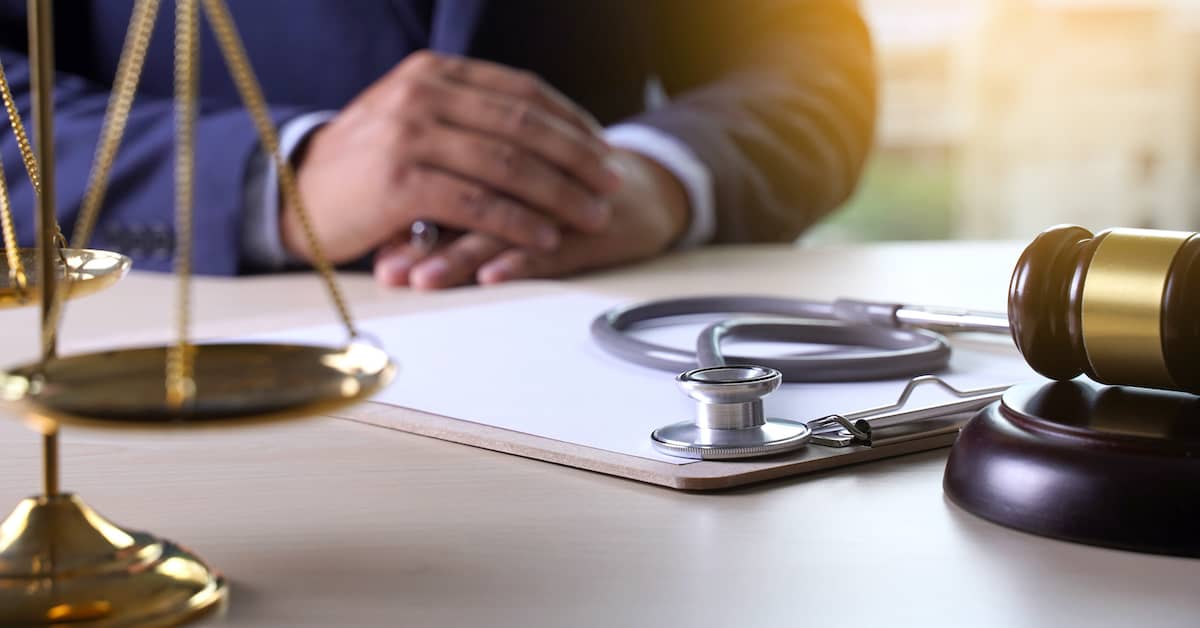
Just because you file a lawsuit against a doctor, it doesn’t necessarily mean they will lose the case. Most physicians avoid the pitfall of performing below the standard of care and thus escape liability. But when bad outcomes ensue and lawyers begin to dig, certain well-to-do doctors can appear to have acted badly, and not just in the eyes of patients who’ve accused them.
To some prosecutors and certain sections of the medical establishment, these doctors can appear to look as if they’ve been more than a little careless or victims of unfortunate circumstances. They can look as though they have been seriously negligent. When that’s the case, it is time to involve a medical malpractice attorney. Here’s what they bring to the table:
Experience and Specialization
Broad personal injury isn’t the only kind of law that attorneys can practice. Some concentrate in medical malpractice. Malpractice cases require a specialized knowledge of the medicine, as well as the law.
Medical malpractice requires that the attorney know the ins and outs of these two very complex systems – medicine and the law, in order to prove that the case should go in favor of their client.
Understanding the Statute of Limitations
In order to safeguard the two-way relationship between patient and physician, the law requires that medical malpractice claims be filed within a strict time limit known as a statute of limitations.
If a claim is not filed within that time limit (usually one to three years, depending on the state or territory) then the right to bring the claim is lost. This is something that happens far too often with far too many people who suffer some form of medical malpractice.
Proving Medical Negligence
To secure a victory, a medical malpractice attorney must prove that the healthcare provider’s negligence was the proximate cause of the injury. They must establish:
- A relationship existed between doctor and patient.
- The standard of care was breached by the provider
- The breach directly resulted in injury or harm
- The damages resulting from the injury were substantial (e.g., medical costs, wage loss, and pain and suffering)
Access to Medical Experts
When a medical malpractice case is filed, it’s often necessary to pull in medical experts to establish the standard of care and prove negligence. A good attorney will have a number of medical experts from across many disciplines and fields to help his clients whenever need be.
Investigative Resources
Winning medical malpractice cases takes a lot of legwork. First, you must collect a mountain of documents; things like medical records that the defendant doesn’t want to see enter evidence.
Then the experts must together put the story of what happened into some kind of order. And the story must have a beginning, middle, and end that make sense and that’s all to your side’s advantage.
Finally, a good law firm will have experienced lawyers and a team of experts that can talk to the jury in terms that the jury can understand and sympathize with.
Negotiation vs. Trial Experience
Most malpractice suits are settled out of court. Some, however, proceed to trial if a reasonable settlement can’t be reached. Make sure your medical malpractice attorney has not only strong negotiation skills but also experience in the courtroom, just in case your lawsuit needs to go to trial.
READ MORE : Download Latest HD Movies and Web Series 2023
Realistic Expectations
Although a talented attorney will advocate for your rights, no lawyer can ensure a particular result. Be on the lookout for attorneys who promise a surefire win or a grossly inflated settlement figure. A reputable attorney will tell you what to expect, and most importantly, what not to expect, based on the evidence in your case and the applicable law.
Finding the Best Medical Malpractice Attorney to Handle Your Case
Choosing the proper malpractice lawyer is a vital decision that can greatly affect the result of your case. You can make an informed choice by weighing these five factors: experience, reputation, resources, communication, and legal fees. It is also a good idea to talk with more than one prospective lawyer.
These consultations can give you a better feel for what your case is worth and how much a day in court might win you. After all of your discussions and deliberation, you should choose the attorney that you ultimately think will best represent you.
